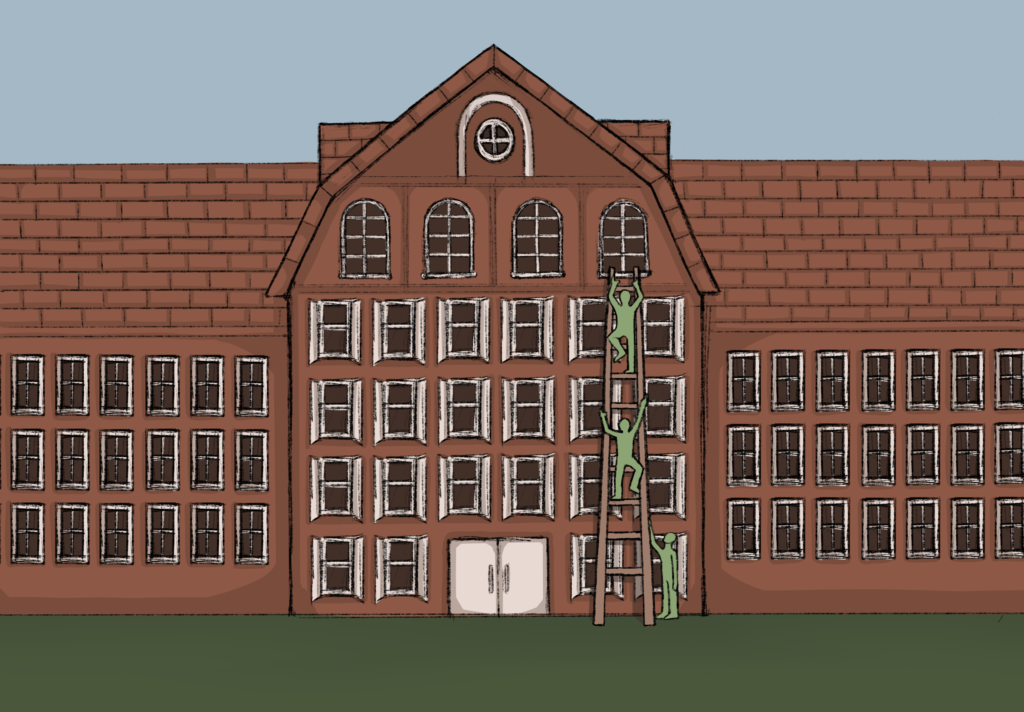Students often complain about how disadvantaged they are compared to others. Others have money. Others have connections. Others have it better than I do. I’ve heard many comments of this nature, and I myself have certainly been guilty of them. It’s in human nature to complain about the advantages others have, especially if those other students obtained those advantages through means that they did not work for. However, constant negative energy directed toward one’s personal situation — an ailment rampant at Choate — harms not only oneself but the entire school community.
I personally don’t care that other students have gotten into their dream college, got an internship, or even, got into Choate through their parents or families, and I don’t think that any other Choate student should either. Take a step back — we are insanely lucky to have what I have. I am taking advantage of the luck I have just as others are. It’s pointless and counterproductive to complain about people who got where they are because of pure luck when the same could be said about myself, or, really, most of the students that attend this school.
In the scheme of Choate, my family is not insanely wealthy, and I don’t have any personal connections that will help me get into college or get a job. This does not mean that I am going to ignore my own privileges..
There will always be people more fortunate me. Should I complain about it for the rest of my life? Who is that helping?
The culture of negativity at Choate is an epidemic. When I complain — not just about my relative disadvantages, but about everything on a day-to-day level — I immerse myself in all the reasons that I cannot achieve what I want. I convince myself that all my work is in vain. I ground myself in the mentality that, because of my unluckiness, I will never reach my full potential. And when I complain in a group, which I’ve done and witnessed disturbingly often, I bring everyone else down with me. Negativity is infectious.
Actively applying a positive mentality is, for me, the most productive option. In order to achieve this mentality, I must be grateful and acknowledge my advantages. This mentality not only makes me happier and more appreciative, but it also motivates me to work harder because I can recognize that my work will indeed yield results.
At the end of the day, the true root of the incessant complaining and self-pitying is the extreme pressure to succeed — whatever “succeeding” may mean. And in order to succeed, students must be motivated to work their hardest in the now. A positive mentality allows for that level of function. And because of our societal nature, positivity motivates those surrounding us as well.
As I walk across campus each day, I look around at the buildings and the trees, and I feel overwhelmed with gratitude for what I have. At night before I go to sleep, I remind myself about all the amazing opportunities I’ve been given. Throughout the day, when I start slipping into a negative mental state, I’m hit with the reality of my situation — it’s not at all bad. In fact, it’s amazing, not to mention incredibly rare. The more I fixate on what I have as opposed to what I do not have, the happier I am, and maybe even more importantly, the more successful I am.
I have learned to stop complaining and it works. And I urge you to do the same.



